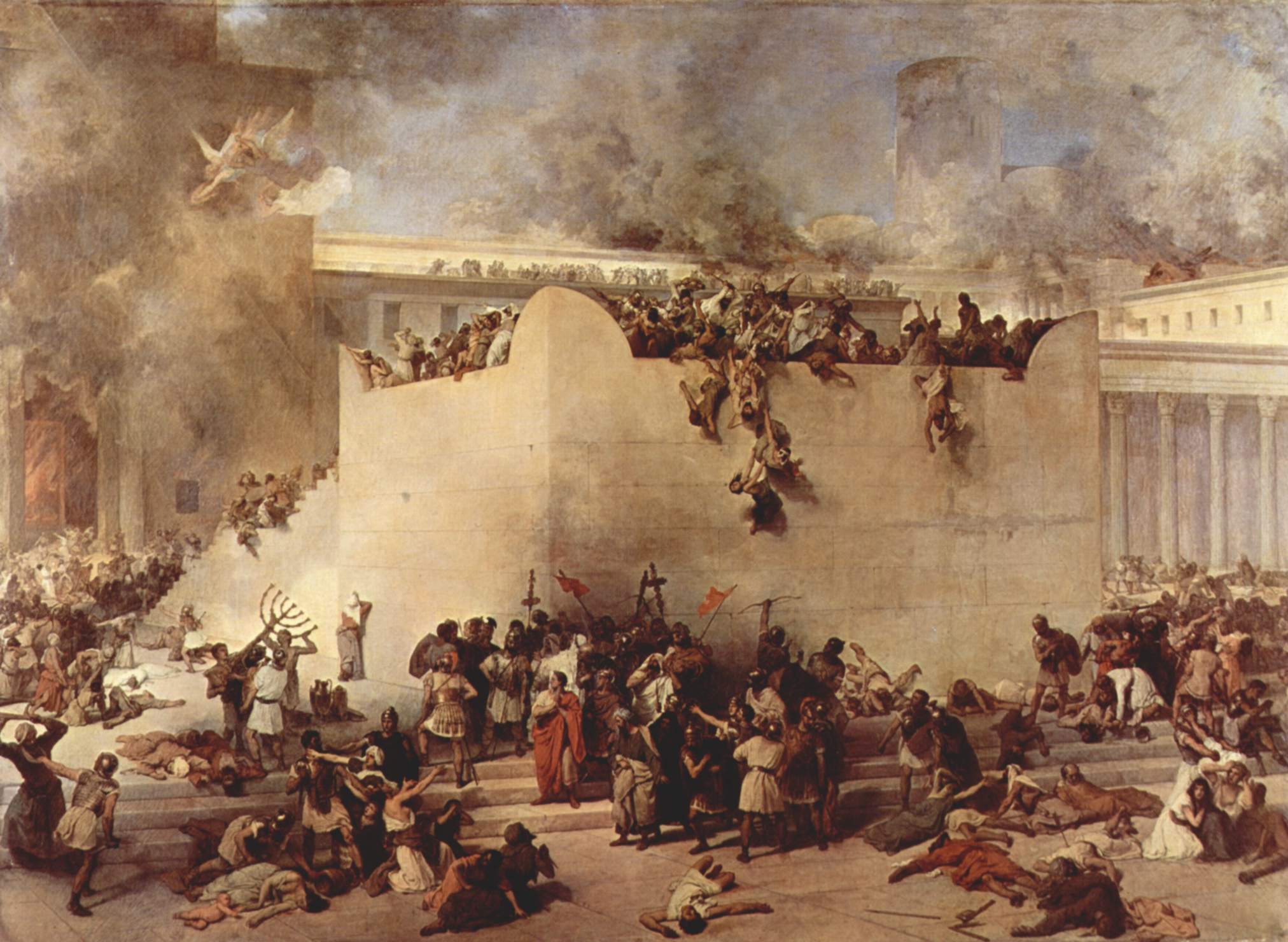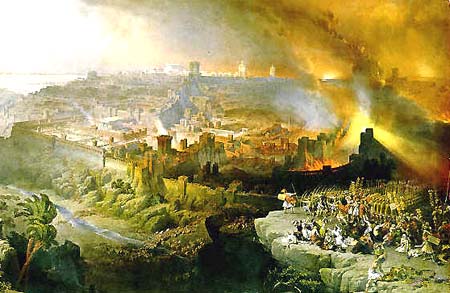This is something I weighed including in the first Colossus novel. I think it will appear in the third, outside of the text. It's an historical note to set the scene for the whole arc of the series. I wrote it at the urging of my agent, who saw it as necessary back when this was all one enormous novel (I still plan, someday, to piece it all together, if only to see how utterly unwieldy it is). As I was working on the next Colossus novel today, I was looking at this and realizing how valuable it is on its own. So, without any further fanfare, the preface to Colossus:
Three thousand years
ago, the Hebrew king David captured a small town on the ridge separating the
Mediterranean from the Dead Sea. Renaming it Jerusalem, he made it the capitol
of his new kingdom, Israel. His son Solomon built a magnificent Temple there
for the worship of the Hebrew god.
After four hundred years
the city was conquered, the Temple destroyed. It took another sixty years for the
Hebrew people to return, building a Second Temple on the site of the first.
Conquered again by
Alexander, Israel passed from hand to hand until a leader called Makkabi led a
fight for independence. For a hundred years Jerusalem was its own master once
more, until it was captured by the Roman general Pompey. In 37 BC, Mark Antony
gave the land around Jerusalem to one of Rome’s client-kings, Herod the Great, with
a new name – Judea. For the next hundred years unrest simmered between Romans
and Jews.
Rome itself was changing
drastically. Founded two hundred fifty years after David created Jerusalem, the
humble City of the Seven Hills had grown to encompass far-flung peoples, gods,
and customs. Unable to cope with such sprawling growth, the Republic gave way
to single rule, a family dynasty called Caesar.
The Caesars maintained
order by providing free sustenance and spectacle – bread and circuses. Roman
appetites for both swiftly grew, forcing the Caesars to create larger and more
elaborate entertainments, on a colossal scale.
To fuel its new empire,
Rome required the profit that came from conflict. Lands were conquered – or
reconquered – to fill Caesar’s purse. There is nothing so profitable as war.
Under client kings and
pampered priests, all genuinely fearful of what war with Rome would bring,
Judea resisted the impulse to throw off its yoke. Frustration gave birth to
many off-shoot sects of the main religion, a religion despised and feared by
the Romans as one they could not absorb. The Hebrew god was exclusive, owning a
private relationship with his Chosen People who awaited the promised coming of
the Messiah, a divinely appointed leader who would guide them back to
independence and freedom.
The wise among both
Romans and Jews feared the promised change, for they understood that before
anything new could be built – from amphitheatres to religions – all that had
gone before must be destroyed.




David Blixt’ Colossus is a fascinating account of the tragic interaction between Rome and the ancient Jewish state and it gives both sides their due.Nearly all of imperial Rome’s conquests wreaked havoc on the native peoples. In Spain Cato the Elder destroyed 400 towns during his year as Consul, more than one for every day he was there. A generation later Scipio Minor crushed Spanish resistance and destroyed Numantium. In 146 B.C. Rome destroyed both Carthage and Corinth. Much of Greece became depopulated under Roman rule, starting in the 2nd century B.C. In the first Century B.C. Julius Caesar killed and enslave millions in Gaul. How did the Rome of Horatius Cocles, Cincinatus,Marcus Furius Camillus, Fabius Maximus and Scipio Major become transformed into the Rome of Scipio Minor, Julius Caesar, and the Julio-Claudian dynasty, ending with Nero? For insight into this question I invite readers to read my two published novels, The Death of Carthage and Sempronia the Sister of the Gracchi.